Today, around 90% of healthcare searches take place online. That means your practice’s online presence and reputation are more than just important – they’re critical to your growth and success. Fortunately, there are multiple marketing strategies that can greatly impact your visibility and reach when skillfully executed.
Pay-Per-Click (PPC) advertising is one such strategy. PPC ads connect you with potential patients actively searching for a service, putting your practice at the top of search engine results. Pay-Per-Click advertising is lauded for good reason: It’s viable. Better yet, it’s incredibly cost-effective because you only pay when someone clicks through to your site. …

Read more




